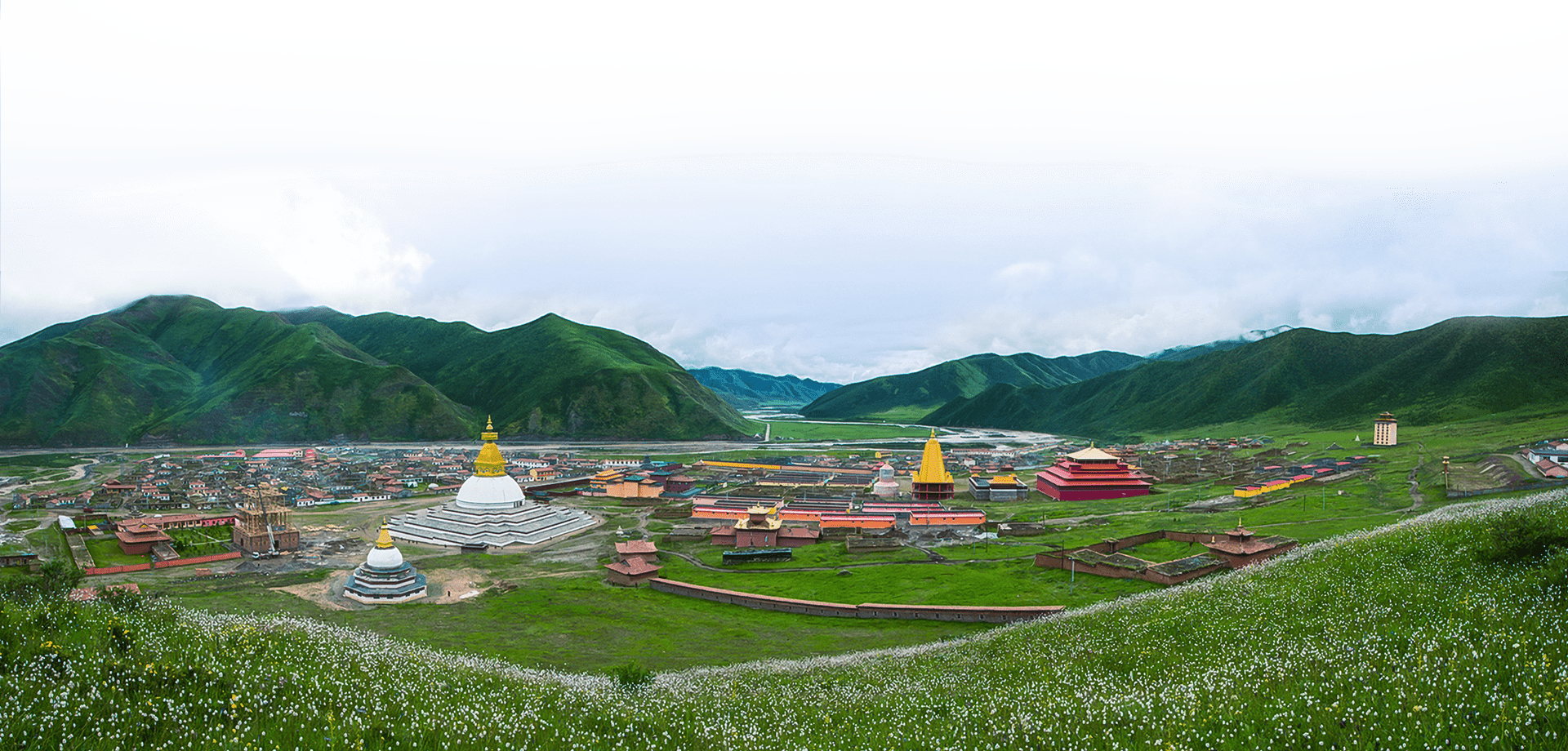The meaning of human life is to help others by opening our hearts to them
”How do we use it?” The answer from Buddhist tradition is very clear. It is a great way, good way; it is valuable because this [life] would be lost. Therefore, while we have this human being knowledge, human life and many opportunities, we should use it and [know] how to use it. Therefore, it is very important to understand the value of the time that we have now. And it is taught in the Buddhis tradition very well – what is related to the value of human life. Human body is valuable and the time we’re being [here] is valuable. It is very important to understand that and to use that in a correct way.
Many Buddhist texts mention how valuable human life is. But human life is only valuable when one uses it in a correct way. It’s not really valuable when someone uses it just for ordinary or regular gains. But what makes human life valuable? This is knowledge and conduct. To unify human knowledge and human conduct together will make human life perfect and valuable; human life, which may understand cause-and-effect and act according to the law of cause-and-effect.
Often people do things opposite to the law and that makes human life not valuable. The only thing that makes human life very valuable is to have a correct view and have a correct conduct together. And to understand the importance of time will make human being a perfect life.
Being very rich, very famous, being in high position do not make human life really meaningful. What makes human life meaningful? According to Buddhist understanding to be meaningful is to be useful, to be helpful to others, to open hearts for others. This is a correct way of understanding. Some people in this world create a lot of things but, in fact, they are not really beneficial to others much. On the contrary, sometimes they are very harmful. The meaning for human life is to bring benefits to others, to help others, to think about others. This is an important message by Buddha, and the meaning of the teaching of Buddha.
Hungkar Dorje Rinpoche, Foundation of Buddhism









